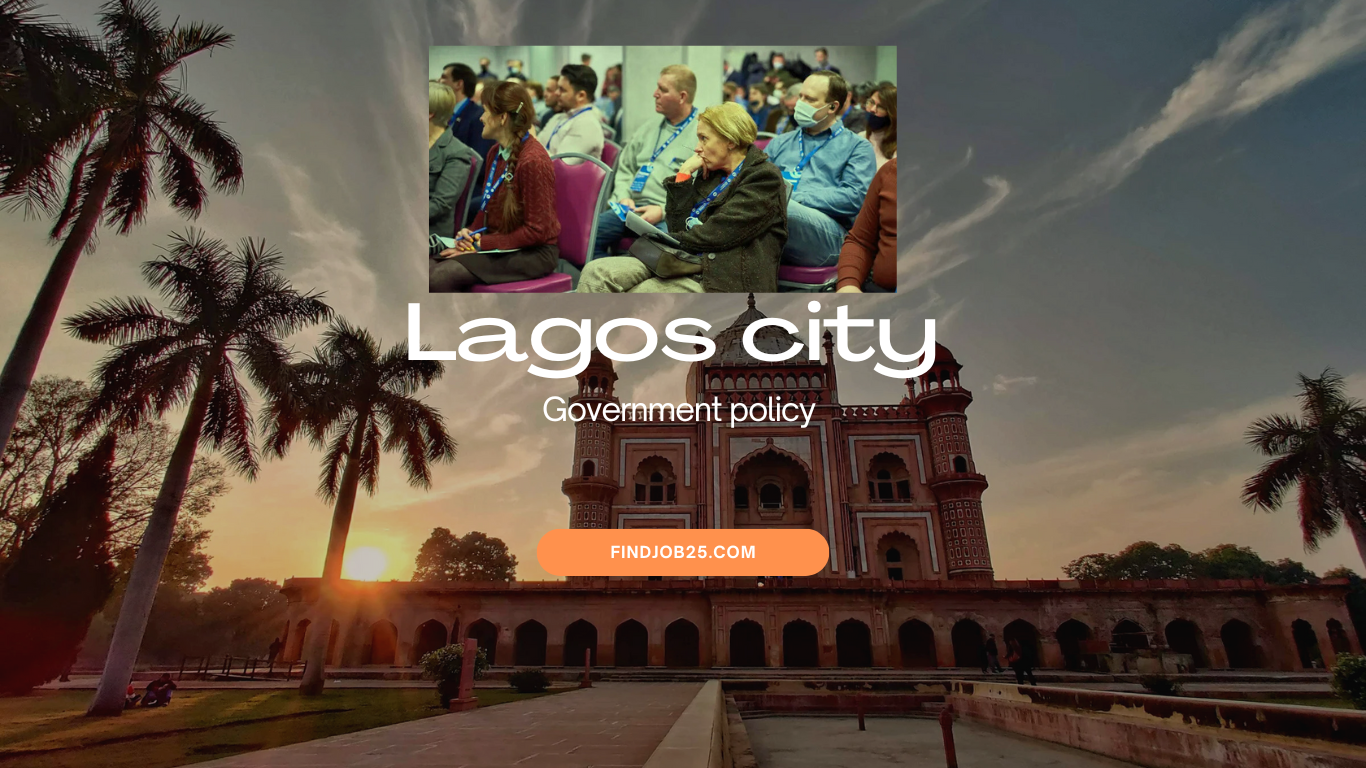The Vision Behind DOGE
The formation of the Efficiency Department, commonly referred to as DOGE, marks a significant shift in the approach towards government operations and expenditure. Spearheaded by influential figures Elon Musk and Vivek Ramaswamy, this initiative is rooted in the vision of reforming and optimizing the efficiency of government activities. The primary motivation behind establishing DOGE stems from a shared belief in the potential for reduced waste and increased efficacy in public finances.
Elon Musk, with his extensive background in technology and innovation, brings a unique perspective to the challenge of governmental inefficiency. His experience in transforming industries through disruptive technologies paves the way for a reimagined governmental framework that prioritizes smart spending and accountability. Likewise, Vivek Ramaswamy’s expertise in the business sector further reinforces the commitment to promote efficiency, as he has consistently demonstrated an ability to streamline operations within various enterprises. Their combined experiences underline the importance of bringing fresh insights to traditionally slow-moving bureaucratic processes.
The implications of having such prominent figures at the forefront of DOGE cannot be overstated. Their involvement signals a transformative agenda that aims to not only improve the operational performance of government entities but also to enhance overall public trust. By focusing on efficiency, the DOGE initiative seeks to minimize taxpayer burdens while simultaneously maximizing the value derived from public funds. By instilling principles from the private sector into government practices, Musk and Ramaswamy aspire to create a paradigm shift that could redefine governmental responsibilities and fiscal policies. This realignment is expected to have far-reaching consequences, elevating the standards of public service and delivering efficient governance that resonates with citizens’ needs.
The Role of DOGE in Tax Savings
The advent of the Digital Operational Government Efficiency (DOGE) initiative is projected to significantly impact the financial landscape for taxpayers by directly addressing issues of government inefficiencies and wasteful expenditure. Central to this initiative is the commitment to streamline operations across various government agencies, ensuring that taxpayers’ money is utilized more effectively.
One of the core strategies employed by DOGE is the integration of advanced technologies, such as artificial intelligence and machine learning. These technologies will analyze vast amounts of data in real-time, identifying patterns and discrepancies that may indicate inefficiencies. For example, AI-driven systems can monitor spending patterns across departments, flagging any irregularities or excesses that may require closer scrutiny. This proactive approach not only aids in curtailing wasteful spending but also promotes greater accountability within government operations.
Additionally, DOGE plans to re-evaluate existing budget allocations thoroughly. By conducting comprehensive audits of current expenditures, the initiative aims to prioritize funding for programs that yield tangible benefits while scaling back on less effective initiatives. This strategic reallocation of resources is essential for maximizing the value derived from taxpayer contributions. Such measures enhance the overall responsiveness of the government to the needs of citizens while reducing the overarching tax burden.
The anticipated financial implications of DOGE’s approach are significant. By eliminating redundancies and fostering operational efficiency, the initiative is expected to generate substantial savings that could be redirected to other vital public services. This ripple effect could lead not only to reduced taxes but also improved infrastructure and services that benefit all citizens. Thus, through targeted strategies aimed at minimizing waste and maximizing resource efficiency, DOGE heralds a future where taxpayer dollars are employed more judiciously, ultimately leading to a more sustainable financial model for government operations.
Leadership Dynamics: Musk and Ramaswamy’s Partnership
The collaboration between Elon Musk and Vivek Ramaswamy within the DOGE initiative represents a multifaceted alliance shaped by contrasting yet complementary leadership styles. Musk, renowned for his innovative vision and risk-taking approach, brings a disruptive ideology, often challenging the status quo across various sectors. His leadership has been instrumental in transforming industries, and as he takes a prominent role in the DOGE initiative, his strategic foresight is pivotal in navigating the intricate landscape of government efficiency.
On the other hand, Vivek Ramaswamy showcases a more traditional leadership background rooted in corporate dynamics and political engagement. His experience as a biotechnology entrepreneur positions him as a pragmatic thinker, adept at assessing regulatory landscapes and public policy. Ramaswamy’s prior political ambitions, particularly his support for Donald Trump, introduce a distinct political perspective that not only complements Musk’s aggressive innovation approach but also fosters a nuanced understanding of governmental relationships and stakeholder management.
Their partnership is significant, especially given the prevailing political tensions surrounding innovation in government operations. Musk’s bold initiatives may resonate well with constituents favoring change, while Ramaswamy’s political acumen aids in mitigating resistance from factions aligned with traditional governance. This synergy can enhance the efficacy of the DOGE initiative, as both leaders work towards creating a more responsive and efficient governmental framework. By combining Musk’s capacity for visionary leadership with Ramaswamy’s grounding in political pragmatism, they can engage with various political factions effectively, improving the initiative’s acceptance across the spectrum.
This collaboration not only reflects their individual strengths but also symbolizes a new approach to leadership, wherein diverse perspectives can coalesce to drive innovation in the public sector.
Public Reception and Future Implications of DOGE
The launch of DOGE has generated significant public attention and sparked a variety of reactions from citizens, media, and political analysts. Elon Musk, along with entrepreneur Vivek Ramaswamy, has positioned DOGE as a mechanism to enhance governmental efficiency, particularly in bureaucratic processes. Initial media coverage highlighted the novelty of this initiative, framing it as a potentially transformative approach to governance. Public sentiment has been mixed; while some view DOGE as a beacon of progress, others are skeptical about its feasibility and long-term impact.
Political analysts have weighed in on the implications of introducing DOGE. Many commentators recognize the symbolic value in Musk’s involvement, positing that it could attract a younger demographic to engage in civic issues. However, there are concerns regarding the practical implementation of DOGE’s objectives. Observers argue that while the initiative could streamline government communication and decision-making, the challenge lies in its adaptability to existing legislative frameworks. The feedback from the citizenry indicates a desire for genuine reform, yet there is trepidation about technological solutions being imposed without sufficient oversight.
Future implications for the U.S. government and taxpayers hinge on several factors, including potential legislative challenges that DOGE may face. Stakeholders will need to navigate the intricacies of existing laws and regulations to incorporate the new system effectively. Additionally, Musk and Ramaswamy’s vision for future expansions could lead to broader applications across various governmental sectors, aimed at improving transparency and accountability. The success of DOGE in reshaping governmental practices may ultimately depend on sustained public and political support, along with a commitment to adapt existing structures to accommodate the innovative proposals put forward by this initiative.











